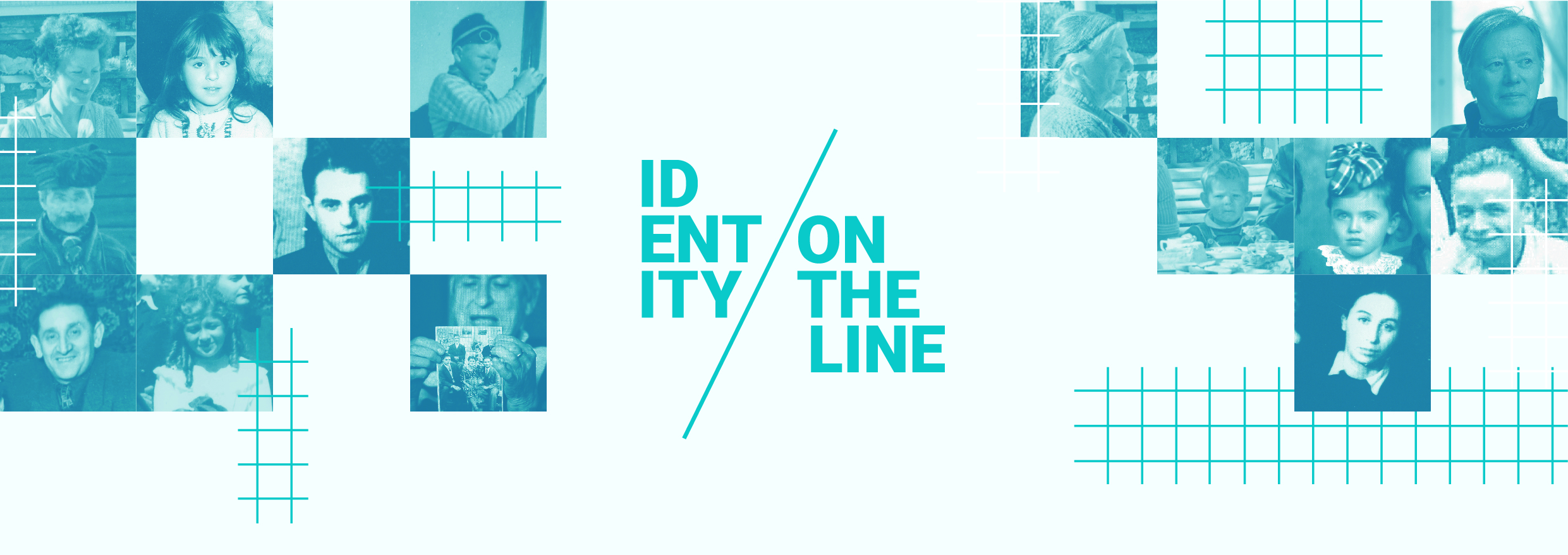Drawing on real-life stories centered around the intergenerational transfer of trauma, the I-ON partners developed this didactic kit intended to accompany teachers in implementing sensitive heritage issues connected with migration and identity with the final goal of building peaceful societies based on respect and mutual understanding.


Our digital joint exhibition inspires this school kit, and we will use the same themes and stories. visit: www.identityontheline.eu
There are no restrictions on learners’ age groups. Nevertheless, it would be advisable to work with learners aged 13 and up who have acquainted themselves with the basics of 20th-century European history and the concepts of migration and identity.

You can use the content in history classes, language and culture, geography, ethics, civil education, or others.

This resource kit is intended for teachers who can accommodate two main project topics in their classes, namely, migrations and identity.

By exploring forgotten or untold stories, learners are invited to express their thoughts and feelings and at the same time learn how to listen and sympathize with their fellow citizens or classmates.
To start working ethically with sensitive heritage related to migration processes and threatened identities over the last hundred years, it is suggested to research the results and the stories collected through this project. Navigate our website, and the digital exhibition, and watch the short, country- dedicated or full-length movies. This will be an excellent preparation for your lesson plan.
These materials are a flexible instrument at your disposal to enrich your classes with field experiences. You are invited to explore it and use it according to the needs of your class(es).

Short course (45-90 min)
Large course – school project (expanding over a week or more)
“By 2030, ensure that all learners acquire the knowledge and skills needed to promote sustainable development, including, among others, through education for sustainable development and sustainable lifestyles, human rights, gender equality, promotion of a culture of peace and non-violence, global citizenship and appreciation of cultural diversity and of culture’s contribution to sustainable development.”
The I-ON partners believe that speaking up and making personal stories visible to a wider public can liberate the traumatized and those in the early learning phase and develop their personalities. Thus, the focus is on youth.

By learning about the past of their fellow citizens, they can develop empathy and critical thinking, become more tolerant and respectful towards diversity, and facilitate social integration. Learners will learn about their shared European history, engaging on a personal level.
Education liberates the intellect, unlocks the imagination, and is fundamental for self-respect.
Identity on the line contributes to achieving the 4th Sustainable Development Goals (SDG) Quality education: target 4.7– Education for sustainable development and global citizenship.